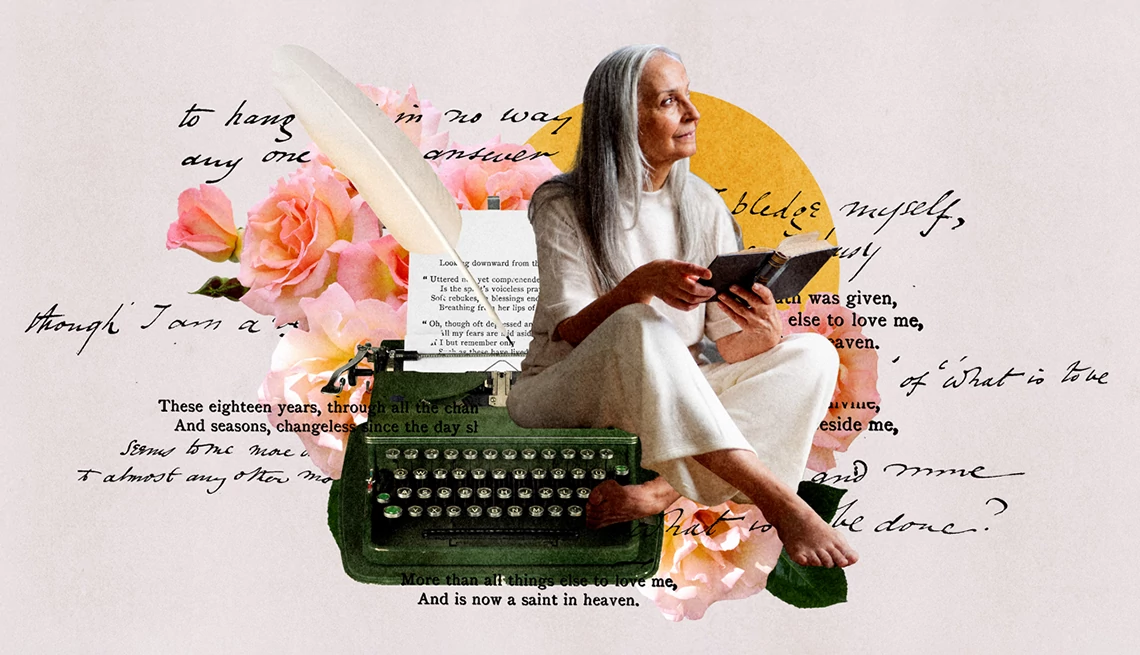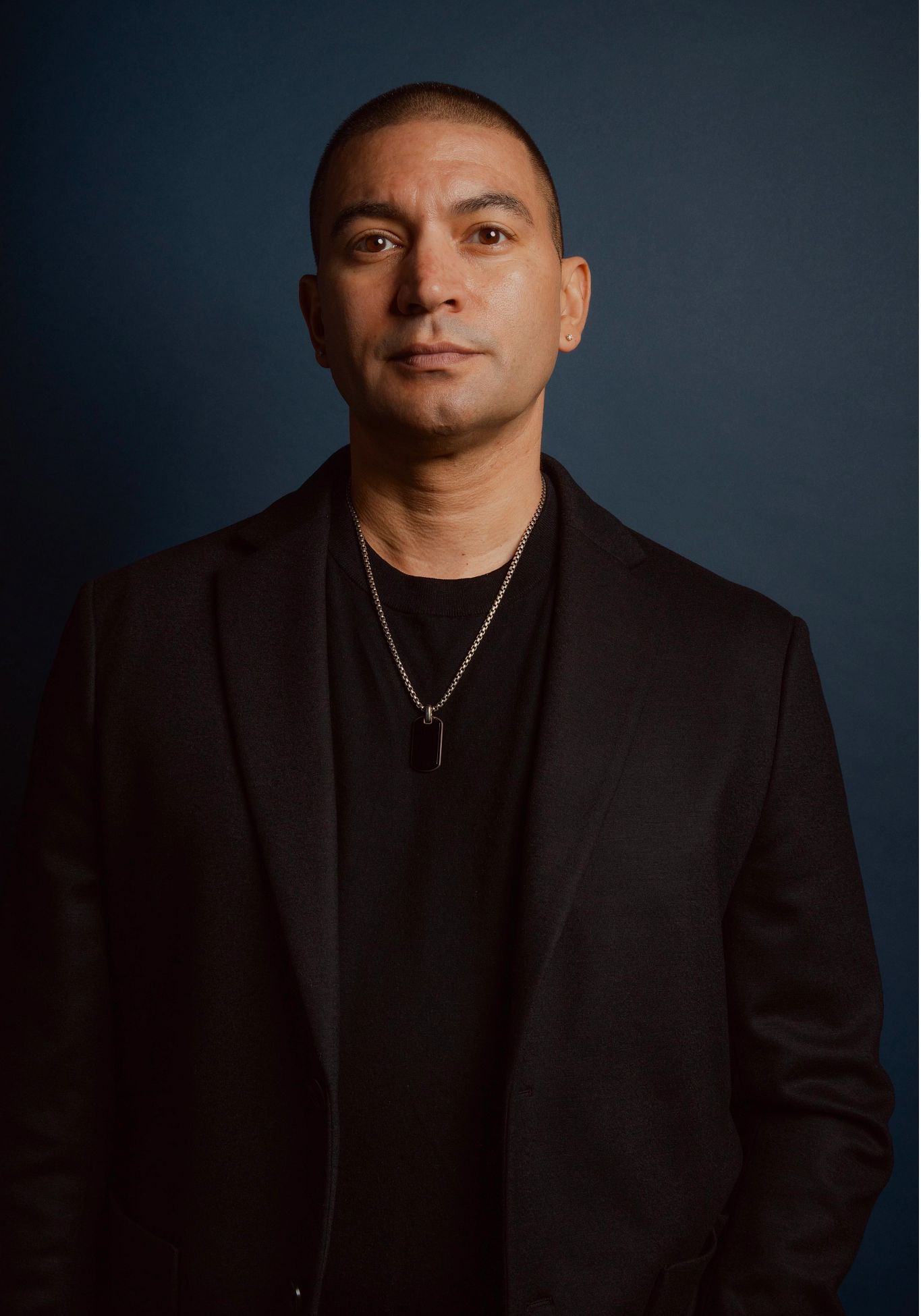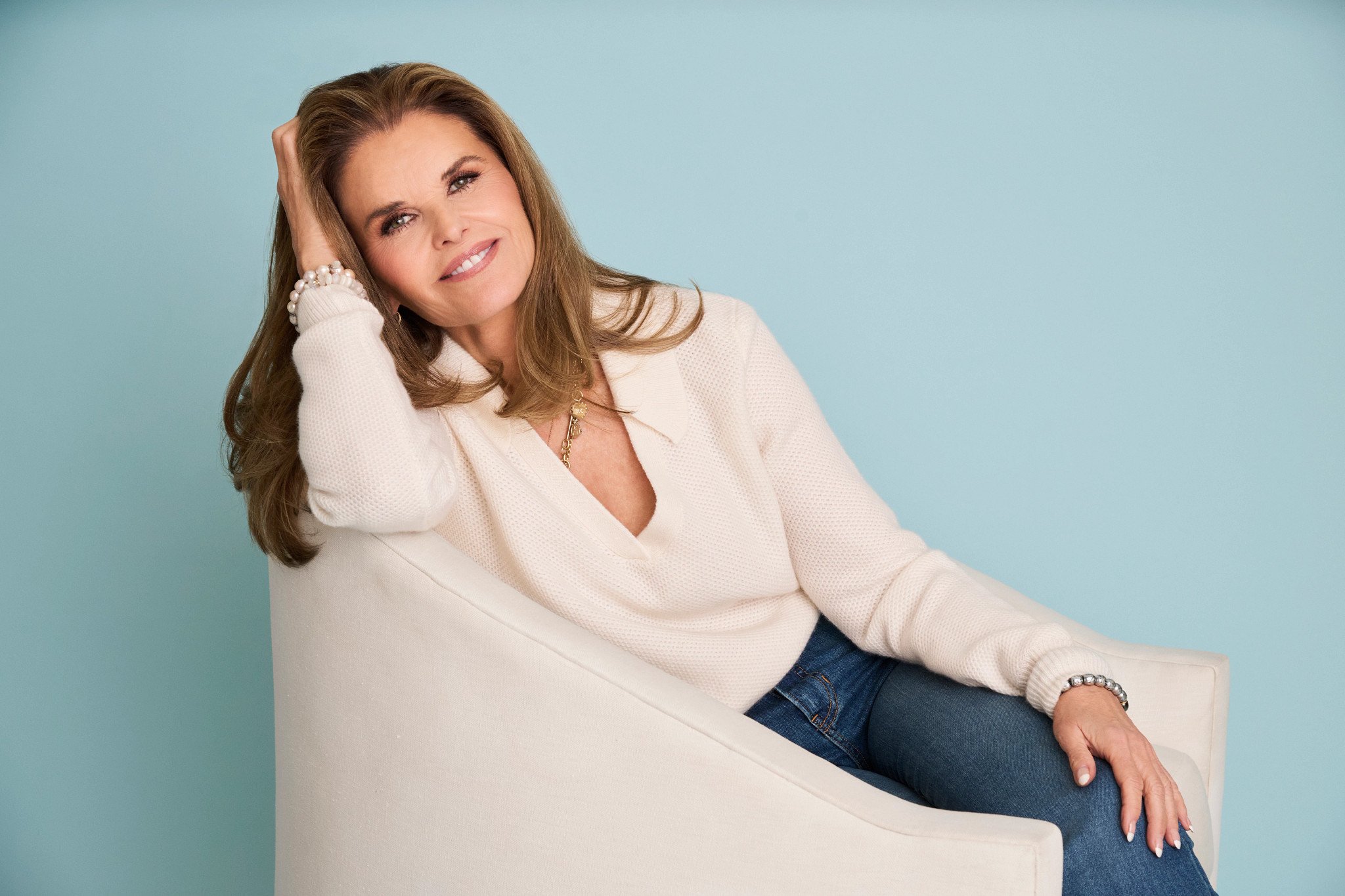AARP Hearing Center


If you think poetry is not for you, you’re not alone.
Many people find the language of some older poems — “thee,” “thou” and such — too old-timey, and when they’re first introduced to poetry in school, it can feel like a test. Some teachers present it as something “you have to solve, like a Rubik’s Cube,” says Sarah Kay, a poetry evangelist and author of the new poetry collection A Little Daylight Left. “That makes people’s relationship to poetry antagonistic — something that makes them feel dumb or excluded,” she continues. “That’s not something you’re going to fall in love with.”
But Kay and other poetry fans say you might just need to read the right poem to understand the magic of the genre — when you realize, “Oh my God, somebody found language for something I did not even know I needed language for,” as Kay puts it.
Poetry is notoriously hard to define; Merriam-Webster calls it “writing that formulates a concentrated imaginative awareness of experience in language chosen and arranged to create a specific emotional response through meaning, sound, and rhythm.” It tends to be lyrical and use evocative imagery, allowing the poet to express ideas in a unique way. Poet Elissa Gabert offers a unique way of looking at it: “I think poetry leaves something out,” she wrote in a 2022 “On Poetry” column in The New York Times. “The missingness of poetry slows readers down, making them search for what can’t be found.”
You might try listening to a poem rather than reading it. There are countless examples online of narrators reading poems aloud. Find Rumi’s “The Guest House” read by Helena Bonham Carter, 59, for instance, or the late Mary Oliver (see more on her below) reading from her 2012 collection A Thousand Mornings. If you want to dive into the all-time greats read by familiar voices, consider the audiobook version of The Poets’ Corner: The One-and-Only Poetry Book for the Whole Family by actor John Lithgow, 79. It features him and other actors reading 50 classic poems, such as Elizabeth Bishop’s “Filling Station,” read by Glenn Close, 78, and Edgar Allen Poe’s “Annabel Lee,” read by Sam Waterston, 84.
“There are so many doorways into poetry, and there’s no wrong doorway,” says Kay, whose 2011 TED Talk, a recitation of her poem “If I should have a daughter,” has more than 6 million views.
Even poets took time to discover poetry


Adrian Matejka, 53, editor of Poetry magazine, says, “I was one of those people who really didn’t like poetry.” During Matejka’s high school years in Indianapolis, a teacher told his class, “You knuckleheads won’t understand poetry, so we’re going to do something else.”
Then, while attending Indiana University, Matejka heard a reading by Yusef Komunyakaa, 78, a Pulitzer Prize-winning poet who was a correspondent in the Vietnam War and whose poetry is full of jazz rhythms and vernacular language. Matejka was blown away by Komunyakaa’s “Blackberries” and realized, “I just hadn’t been exposed to the right poets.”
Maria Shriver, 69, the Emmy and Peabody award-winning newscaster and former first lady of California, recently published I am Maria, a book of soul-baring verse, meditations on the loss of self, parents, pets and love. “People come up to me, and say, ‘Yours is the first poetry book I ever read,’” she tells AARP. “I think they were first introduced to poetry at a time in their life when they would not understand it… They have to be reassured that they can take another stab at it.”

%2520Peter%2520Yang.jpg?crop=true&anchor=276,0&q=80&color=ffffffff&u=tltj5m&w=1617&h=1365)
When they do, she adds, “they realize, ‘Wow, this is completely different from what I thought it was.’”











































































You Might Also Like
AARP’s Favorite 2025 Books (So Far)
AARP’s books editor shares her top 10 reads
Joyce Carol Oates, 87, on ‘Fox,’ Her New Novel
The incomparable author talks storytelling and why she’s not afraid of the dark
Q&A: From Corporate Consultant to U.S. Mailman
A conversation with an author who became a mailman after losing his job and being diagnosed with cancer